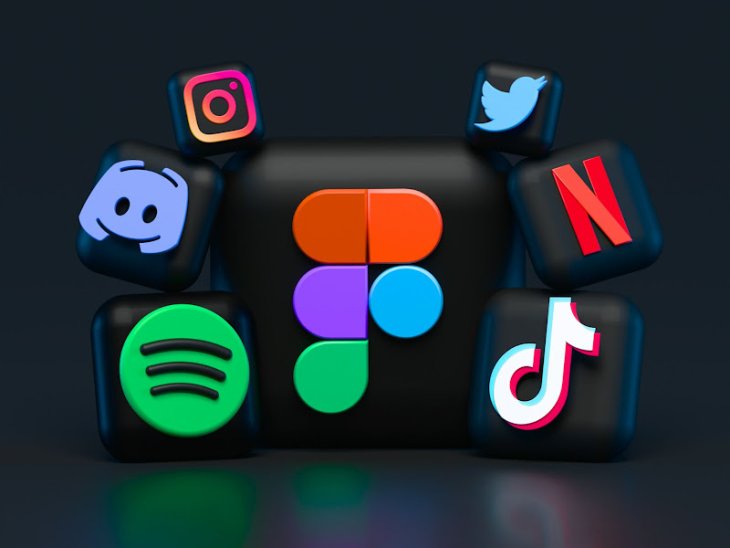October might be Halloween but there are other things to be scared of besides ghosts and ghouls. It is also National Cybersecurity Month and offers a chance for us to review our digital habits. It is very possible to lose your money, information, or both while partaking in online activity, which is why we’re offering tips for staying safe in cyberspace.
One of the first tips we’d recommend is using platforms that ask for as little of your sensitive information as possible. People use cryptocurrency to gamble, for example, and various platforms differ in their data requirements. As Kane Pepi explains, no KYC required online casinos allow you to gamble without giving your name, address, government ID, or bank details. Using such a site means that you are much less likely to have your information compromised and should be a top option for those trying to stay safe. The blockchain technology behind these features enables safe date protection.
The next thing you’ll want to do is create strong passwords that you keep safe. As cliche as it sounds, password123 is not a wise option to protect your accounts. Use complex and hard-to-guess passwords and make sure you share them with no one to avoid anything going wrong. Let’s remember well that in 2024 we saw a major password leak, when an anonymous user revealed 9.9 billion hacked passwords on a hacker forum in plain text, in the affair called RockYou2024. We can never be overconfident with passwords, so change them regularly and use password managers to store them appropriately.
You will also want to have healthy skepticism regarding phishing schemes and malware. Phishing schemes involve fake messages being sent to customers trying to get them to give up money, information, or both. Malware, on the other hand, tries to trick users into downloading malicious software by disguising it as legitimate programs. To avoid the former, make sure to avoid clicking links in suspicious-looking messages and be on the alert for messages with blatant errors, weird claims, or email addresses that don’t look legitimate. To avoid the latter, only download software from legitimate websites or verified app stores. If any software seems off, read reviews of it and have your device’s anti-virus software review it.
All of your apps and software should also be updated as soon as possible. While it might be easy to procrastinate on this, it is in your best interest not to. Outdated software is often not as secure as the latest version and criminals are always looking to take advantage of this. As soon as you get an alert about a software update, complete the upgrade for your peace of mind.
You’ll also want to back up the data on your devices in case the worst happens. This includes putting them on cloud services or external hard drives. As much as we want to avoid losing our data, it is better to have it stored somewhere.
Finally, we would advise that you trust your instincts at all times. If you notice any suspicious activity on any of your accounts, change your password immediately and report the incident to your service provider. This includes things like freezing your cards if you think they’re being exploited and leveraging two-factor authentication.
This October and beyond, take the above steps seriously to protect you, your data, and your funds.




















